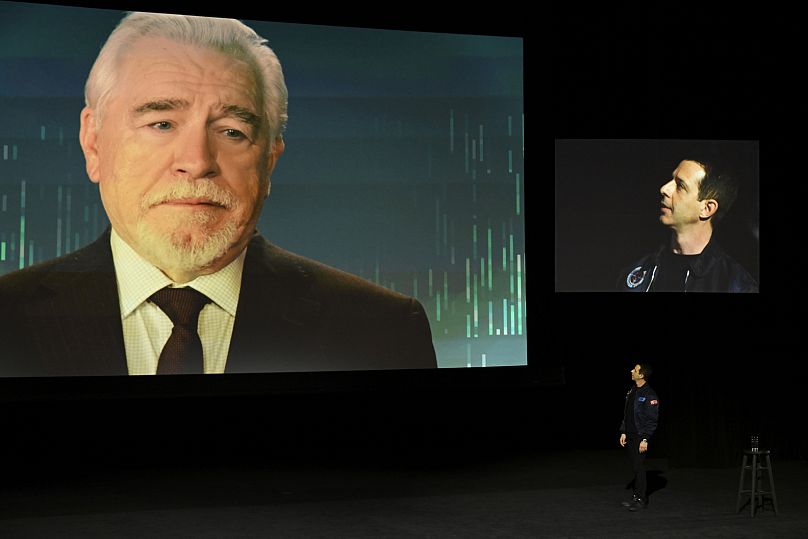3 May 1469: Happy birthday to our problematic prince
Today we celebrate the birthday of the prince of political persuasiveness, Niccolò Machiavelli. Born in Florence on this day in 1469, Machiavelli was a diplomat and author during the Renaissance. He wrote extensively, but there is a single text for which Machiavelli’s name will also be associated, his political treatise ‘The Prince’.
 ADVERTISEMENT
ADVERTISEMENT
 ADVERTISEMENT
ADVERTISEMENT
Written in 1513 but only widely circulated around five years after his death in 1532, ‘The Prince’ was Machiavelli’s tract on the way successful political leaders will make immoral or amoral choices in order to bring about their goals.
‘The Prince’ is considered one of the earliest pieces of modern philosophy and its “ends justify the means” principles have become so infamous, the sort of amoral behaviour described as Machiavellian. If you ever hear someone called “Machiavellian”, chances are they’ve been caught doing some pretty shady political puppetry for some questionable aims.
Machiavelli’s influence is so broad, it’s almost impossible to begin on talking about the aspects of culture that owe to his most famous work. So, instead, here’s a list of some of my favourite characters in recent years who have embraced the Machiavellian lifestyle.
Kendall Roy - Succession
Any member of the Roy family could be labelled as Machiavellian. Actually, every character in the entirety of ‘Succession’ is pretty ruthlessly Machiavellian. It’s sort of the premise of the show. But the one who embodies the title the most is our figurative and literal killer, the boy prince Kendal ‘Logan’ Roy (Jeremy Strong). Who hasn’t Kendall taken advantage of over the past four series? Whether it’s leveraging past company sexual abuse for his benefit or literally killing a waiter, somehow Kendall always seems to end up on top.
Tommy Shelby - Peaky Blinders
Any fans of 1920’s Birmingham gangster show ‘Peaky Blinders’ will be familiar with the rough set up each season. A new gang has a territorial dispute with the Brummy blinders, and head of the family Tommy Shelby (Cillian Murphy) is in-over-his-head in a complicated plot that combines violent and political threats. If it weren’t for the brilliant setting, the zinging dialogue and Murphy’s phenomenal performance, watching Tommy worm his way out of another pickle would be exhausting. As with every good Machiavellian character though, Tommy’s got a plan and he’s going to win, but not before a lot of people get hurt.
Petyr 'Littlefinger' Baelish - Game of Thrones
Of course this list would feature a ‘Game of Thrones’ character. The entire premise of the show is essentially just people in bejewelled robes exploiting each other until dragons eventually burn them alive. The top of the Machiavellian Throne though has to go to Petyr 'Littlefinger' Baelish (Aidan Gillen). While many other characters are born into royal positions they are desperate to hold onto, Littlefinger is a poorborn-made-good financial minister. With more to lose than others, the machinations of how he plays the “Game” are more ruthless than anyone else. Has Gillen ever played anything other than terrifying?
Marla Grayson - I Care A Lot
Most of the first Machiavellian characters to come to mind were male. There’s a lot of reasons behind that but for now, let’s focus on one of the best in recent years. Marla Grayson (Rosamund Pike) in the somewhat overlooked film I Care A Lot is one of the most devastatingly watchable portrayals of an amoral con artist. Taking control of elderly people’s lives in order to drain their savings during their final years is pretty evil, and pretty textbook Machiavelli.
Frank Underwood - House of Cards
For probably the most concentrated portrayal of Machiavellianism in action, look directly to the Netflix remake of the British show ‘House of Cards’. Frank Underwood’s (Kevin Spacey) journey from small-time politician to the President of the United States doesn’t come without manipulation, betrayal, and outright murder. The show concluded without Spacey after allegations of his sexual misconduct were made, adding a grim sense of reality to Underwood’s nature.



















